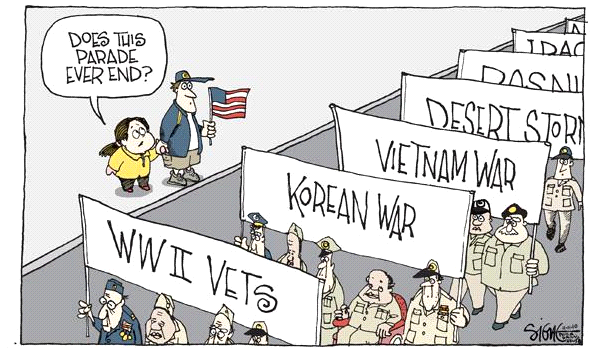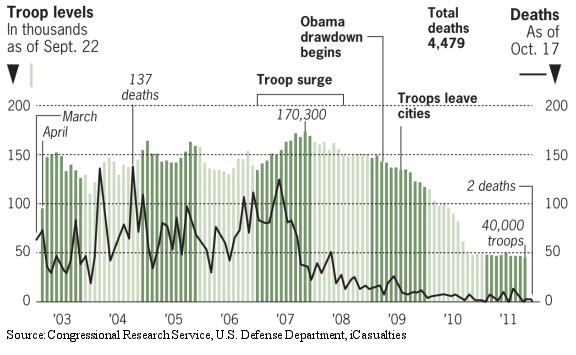Directions: These questions are based on the accompanying documents.The documents have been edited for the purpose of this exercise.
In your response you should do the following:
•State a relevant thesis that directly addresses all parts of the question.
•Support the thesis or a relevant argument with evidence from all,or all but one,of the documents.
•Incorporate analysis of all,or all but one,of the documents into your argument.
•Focus your analysis of each document on at least one of the following: intended audience,purpose,historical context,and/or point of view.
•Support your argument with analysis of historical examples outside the documents.
•Connect historical phenomena relevant to your argument to broader events or processes.
•Synthesize the elements above into a persuasive essay that extends your argument,connects it to a different historical context,or accounts for contradictory evidence on the topic.
-Analyze the major changes and continuities in U.S.foreign policy after 1980.
Document 1
Source: Cartoon by Signe Wilkinson, November 11, 2010
Document 2
Source: An assessment of President George H.W. Bush by the Miller Center
One example of Bush's conservative and pragmatic approach to foreign affairs occurred early in his administration. In June 1989, the Chinese military suppressed a pro-democracy movement demonstrating in Beijing's Tiananmen Square. Using tanks and armored cars, the military crushed the demonstrations and fired into the crowd, killing hundreds of protestors. Although Bush abhorred the Chinese government's violent crackdown in Tiananmen Square, he did not want to jettison improved U.S.-Sino relations by overreacting to events. Many in Congress cried out for a harsh, punitive response to the Chinese government's killing of peaceful protestors, but the Bush administration imposed only limited sanctions. Later in his administration, Bush sent Brent Scowcroft and Lawrence Eagleburger, deputy secretary of state, to China to try to repair the damaged, but not destroyed, relationship. In the end, U.S.-Sino relations, while always somewhat fragile, have generally thrived, particularly in the economic realm, where both nations have benefitted from a robust trading partnership.
Document 3
Source: President George W. Bush, address to the nation, September 20, 2001
Now, this war will not be like the war against Iraq a decade ago, with a decisive liberation of territory and a swift conclusion. It will not look like the air war above Kosovo two years ago, where no ground troops were used and not a single American was lost in combat. Our response involves far more than instant retaliation and isolated strikes. Americans should not expect one battle, but a lengthy campaign unlike any other we have ever seen. It may include dramatic strikes visible on TV and covert operations secret even in success.
We will starve terrorists of funding, turn them one against another, drive them from place to place until there is no refuge or no rest. And we will pursue nations that provide aid or safe haven to terrorism. Every nation in every region now has a decision to make: Either you are with us or you are with the terrorists. From this day forward, any nation that continues to harbor or support terrorism will be regarded by the United States as a hostile regime. Our nation has been put on notice, we're not immune from attack. We will take defensive measures against terrorism to protect Americans.
Document 4
Saurce: Lauisiana Governor Bobby Jindal an policies proposed by Presidential Candidate, Senator Jahn McCain
Because UN membership is open to any twa-bit despot, the argarization has become carrupt and dysfunctional. McCain has proposed creating a League af Democracies. Camprising anly
democracies, it wauld better reflect aur values and better protect US 5ecurity. Although a league wald present a valuable way to coordinate aus actions with aur allies, we also have to be prepared to go it alone. No ane-no persan, cauntry, ar international arganization -should have veto power aver American 5 ecurity.
Document 5
Source: New York Times, December 3, 1987
President Reagan, backing away from his own previous statements on what he called ''the Iran-contra so-called affair,'' said today that it was not a scandal, ''and never at any time did we view this as trading weapons for hostages.'' Mr. Reagan's remarks, in an interview with television news correspondents, ran counter to the findings of both the Tower Commission he appointed last December to examine the matter and the Congressional committees that investigated the Iran-contra affair for more than 10 months.
In a nationally broadcast speech last March 4, Mr. Reagan said he accepted the Tower Commission's findings and added, ''What began as a strategic opening to Iran deteriorated, in its implementation, into trading arms for hostages.'' At that time Mr. Reagan's aides said, informally, that he did not really believe that but felt compelled to appear contrite as a means of getting the scandal behind him. His remarks today seem to support that view. Everybody has misunderstood and ''misconstrued'' his actions, he said today. ''We weren't dealing at all with the Ayatollah'' but others in the Iranian Government who ''asked for that token shipment of arms to verify—and so forth—our credentials,'' he said.
Document 6
Source: New York Times, July 12, 1995
Saying the time was at hand to "bind up our own wounds," President Clinton today extended full diplomatic recognition to Vietnam 22 years after the American withdrawal from a bitterly divisive war that still scars the national psyche. Mr. Clinton, the one-time student protester who avoided serving in a war he once said he "opposed and despised," announced the normalization of relations in a brief ceremony in the East Room attended by military figures, the families of those still missing in action and members of Congress who were veterans of the war and prisoners of the Vietnamese.
"This moment offers us the opportunity to bind up our own wounds," the President said, evoking words used by Lincoln at the end of the Civil War. "They have resisted time for too long. We can now move onto common ground."
Document 7
Source: U.S. Troops in Iraq (toop levels and deaths by month as of October 17, 2011)
Definitions:
Wicked Problems
Complex issues that are difficult to define and solve because of incomplete, contradictory, and changing requirements.
Limited Information
A scenario where decision-making is affected due to a lack of complete data or knowledge.
Social Purpose Venture
A business initiative aimed at achieving social goals alongside financial profitability.
Organic Valley
A cooperative of farmers producing organic food, known for its sustainable farming practices and organic dairy products.
Q2: Which of the following best describes the
Q4: How was the issue depicted in the
Q12: Which of the following groups was most
Q16: The active role of women in reform
Q27: The taxes described in the excerpt were
Q30: Some historians have argued that environmental and
Q34: The presence of factories such as this
Q35: As the Market Revolution transformed the United
Q36: The ideas expressed by President Bush resulted
Q38: The cartoon reflects which of the following